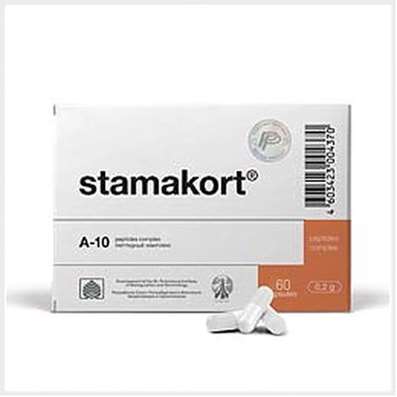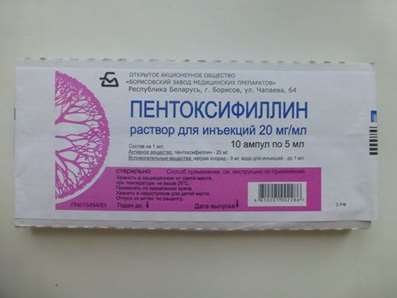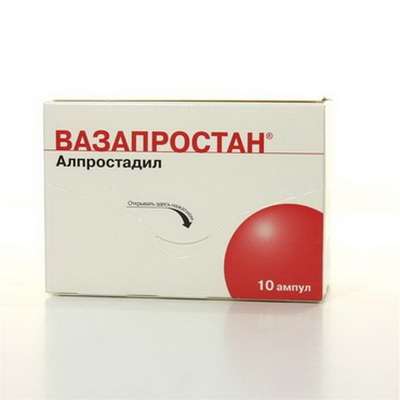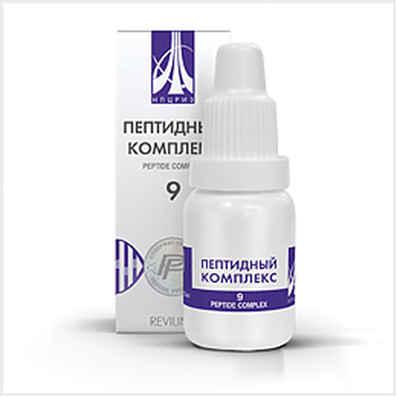Instruction for use: Panthenol-Teva
I want this, give me price
Active substance Dexpanthenol
ATX code D03AX03Dexpanthenol
Pharmacological group
Regenerants and reparants
Nosological classification (ICD-10)
L25 Contact dermatitis, unspecified
Intertriginous dermatitis, Contact Eczema, Contact dermatitis, Contact dermatitis of non-microbial etiology, Contact dermatitis, Skin wetting surface, Fractures, Intertrigo,Skin Difficulty, Subacute and chronic contact dermatitis, Phlebotoderma, Simple contact dermatitis complicated by impetigo
L30.9 Dermatitis, unspecified
Allergic dermatoses complicated by a secondary bacterial infection, Anal eczema, Bacterial maturation, Varicose Eczema, Venous dermatitis, Inflammation of the skin, Inflammation of the skin upon contact with plants, Inflammatory Skin Diseases, Inflammatory skin reactions, Inflammatory processes of the skin, Hypostatic dermatitis, Fungal Eczema, Fungal dermatosis, Dermatitis, Dermatitis is stagnant, Dermatitis and eczema in the anal area, Dermatitis acute contact, Perianal dermatitis, Dermatosis, Dermatosis of the scalp, Dermatosis of psoriasis, Dermatosis with persistent itching, Dermatoses, Dermatoses itchy, Other itching dermatoses, Significant eczematous manifestations, Itching with, dermatoses, Itching eczema, True eczema, Skin reaction to insect bites,Skin itching with dermatosis, Constitutional eczema, Weeping eczema, Drowsing inflammatory skin disease, Dying Infectious-Inflammatory Skin Disease, Non-allergic dermatitis, Nummular eczema, Acute contact eczema, Acute inflammatory skin disease, Acute dermatosis, Acute severe dermatosis, Perianal dermatitis, Superficial dermatosis, Subacute Contact Eczema, Simple dermatitis, Occupational dermatitis, Psychogenic dermatosis, Bubble dermatitis of newborns, Pustular eruptions, Irritation and redness of the skin, Low-flammable eczema, Dry atrophic eczema, Dry eczema, Toxic dermatitis, Ear eczema like dermatitis, Chronic eczema, Chronic dermatosis, Chronic common dermatosis, Scaly papular dermatosis, Eczema, Eczema anal region, Eczema of the hands, Eczema Contact, Eczema lichenized, Eczema Nummular, Eczema acute, Eczema acute contact, Eczema subacute, Eczematous dermatitis, Eczema-like rashes, Ecome exogenous, Endogenous eczema, Gluteal dermatitis, Restricted itchy dermatitis
L55 Sunburn
Solar burns
L98.4.2 * Trophic skin ulcer
Varicose ulcer, Varicose ulcers, Cutaneous ulcer, Non-healing ulcers, Trophic ulcer, Trophic ulcer of lower leg, Trophic skin lesions, Trophic after-burn ulcers, Trophic ulcers, Trophic skin ulcers, Ulcer of lower leg, Ulcer of skin, Ulcer of trophic skin, Ulcer on legs, Ulcerative necrosis of the skin, Ulcer of shin, Ulcer of the lower leg, Ulcers of lower extremities, Difficult healing ulcers
R23.4 Skin structure changes
Cracks in the skin, Erosion, Postpone, Decreased skin elasticity, Violation of keratinization processes, Age-related skin changes, Cracks in the skin, Increased dryness of the skin
R23.8.0 * Dryness of the skin
Dry skin on large areas of the skin, Dryness of the skin in violation of the integrity of its covers, Dryness of the skin,Skin peeling
T14.0 Surface injury of unspecified body region
Abrasions, Scratch, Skin Wounds, Wounds of soft tissues, Hematoma, Hematoma of traumatic origin, Hematomas, Hematomas of muscles, Hematomas of soft tissues, Healing of the skin, Bruise, Bruising due to sprains and bruises, Microtrauma, External bruises, Small combing, Superficial hematoma, Superficial damage to the skin and mucous membranes, Subcutaneous hematoma, Post-traumatic hematoma, Post-traumatic disturbance of microcirculation, Skinness of the skin, Traumatic plexus lesions, Injury, Contusion of soft tissues, Joint bruise, Traumatic bruises, Traumatic injury, Primary treatment of surface contaminated wounds, Abrasion, Bruise
T14.1 Open wound of unspecified body region
Secondary healing processes, Sluggishly granulating wounds, Sluggishly healing wounds, Sluggish wounds, Deep Wounds, Purulent wound, Granulating wounds, Prolonged non-healing wound, Long-lasting non-healing wound and ulcer, Long-lasting non-healing soft tissue wound, Healing of wounds, Wound healing, Capillary bleeding from superficial wounds, Bleeding wound, Radiation Wounds, Slowly epithelializing wounds, Minor cuts, Suppurated wounds, Violation of wound healing processes, Breach of skin integrity, Violations of the integrity of the skin, Violations of the integrity of the skin, Small cuts, Uninfected wounds, Uncomplicated wounds, Operating wound, Primary treatment of surface contaminated wounds, Primary wound treatment,Primary-delayed treatment of wounds, Poorly cicatrizing wound, Poor wound healing, Bad wound, Superficial injury, Superficial wound with mild exudation,Wound, The wound is large, Bite wound, Wound process, Wounds, Wound healing wounds, Stump Wounds,Wounds for gunshot, Wounds with deep cavities,Difficult healing wounds, Difficult wounds, Chronic Wounds
T30 Thermal and chemical burns, unspecified
Pain syndrome with burns, Pain in burns, Pain with burns, Sluggishly healing post-burn wounds, Deep burns with a wet scab, Deep burns with abundant compartments, Deep burn, Laser burn, Burn, Burn of rectum and perineum, Burn with mild exudation, Burn disease, Burn injury, Superficial burn, Superficial burn of I and II degree, Superficial skin burns, After-burn trophic ulcer and wound, Post-burn complication, Loss of fluid in burns, Sepsis burn, Thermal burns, Thermal skin lesions, Thermal burn, Trophic after-burn ulcers, Chemical burn, Surgical burn
Z94.5 Presence of transplanted skin
Skin grafts, Skin Replacement, Badly healing skin graft, Poorly residing skin graft, Skin Transplantation, Fixation of skin grafts
Composition
Ointment for external use 100 g
active substance:
dexpanthenol 5 g
auxiliary substances: potassium sorbate - 0.15 g; lanolin alcohol - 20 g; lanolin - 10 g; paraffin soft white - 10 g; isooctadecanol diglycerol succinate - 3 g; medium chain triglycerides - 4 g; sodium citrate - 0.30 g; citric acid monohydrate 0.2 g; purified water 47.35 g
pharmachologic effect
Pharmacological action - anti-inflammatory local.
Dosing and Administration
Outwardly. The drug is applied a thin layer on the affected skin areas one or more times a day. When caring for the diaper rash of the skin in infants, it is possible to apply an ointment every time the diaper is changed. The duration of treatment depends on the characteristics of the course of the disease and the severity of the condition.
Form of issue
Ointment for external use, 5%. For 35 grams in aluminum tubes, tightened with aluminum foil to control the first opening, with screwed polymer caps. One tube in a cardboard box.
Conditions of leave from pharmacies
Without recipe.
Storage conditions
At a temperature of no higher than 25 ° C.
Keep out of the reach of children.
Shelf life
3 years. After opening the tube, the drug is suitable for use for 1 year.
Do not use after the expiry date printed on the package.

 Cart
Cart





